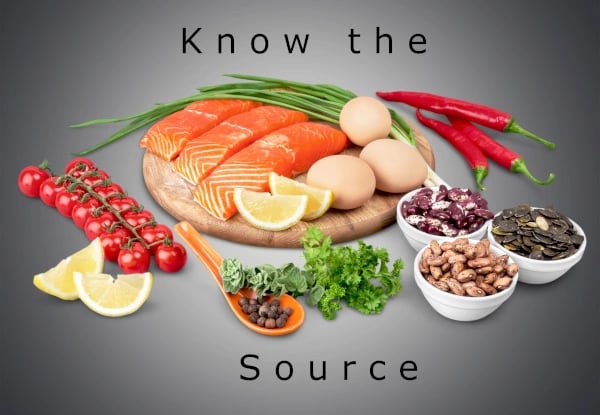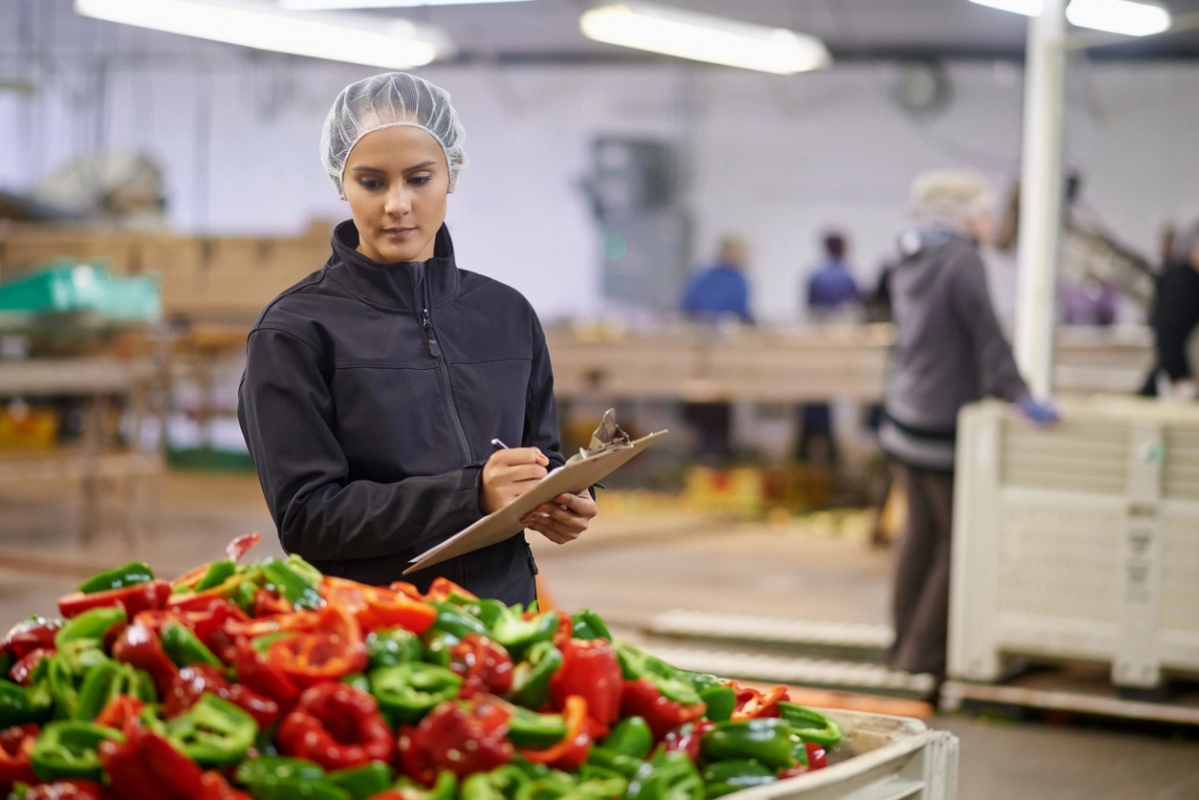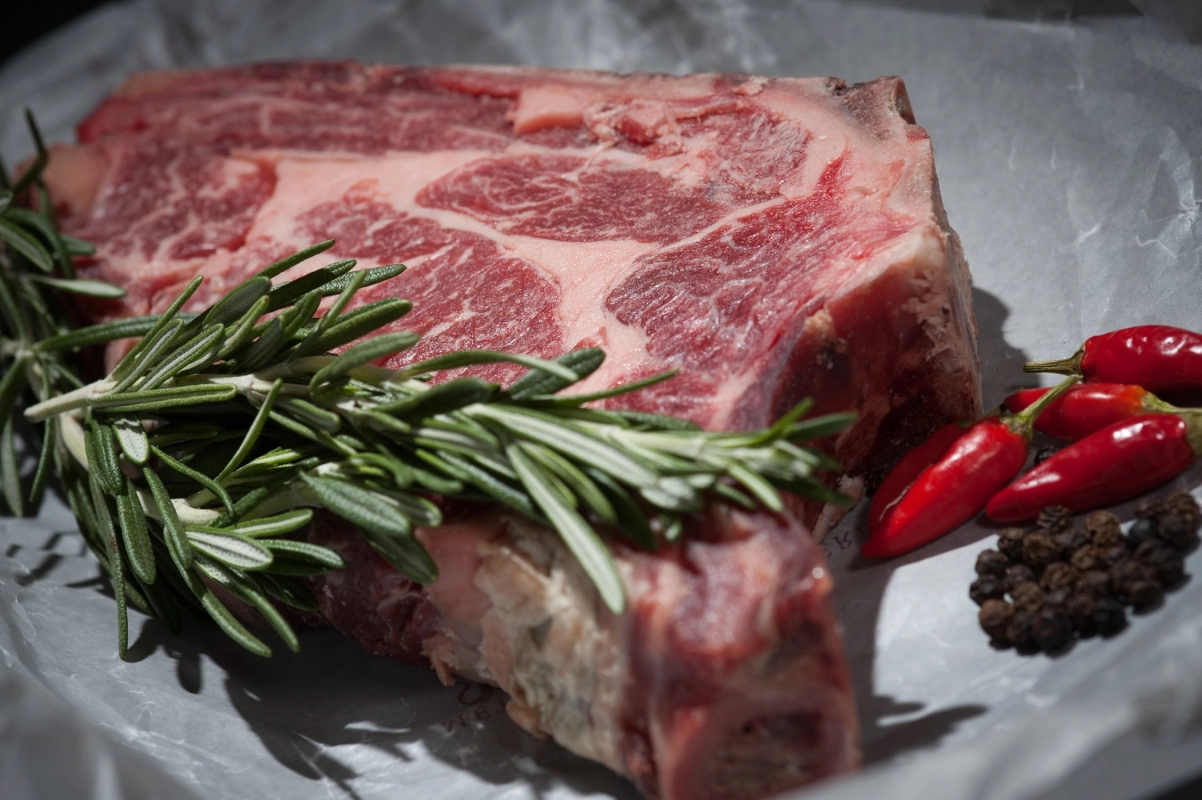
How to Make Sure Your Foodservice Business Isn’t a Victim of Food Fraud
Your customers deserve the highest quality food and complete transparency about where that food originated from - this is complicated through widespread incidences of food fraud. Food fraud is the deliberate misrepresentation of food products offered through foodservice establishments and other food sale outlets for monetary gain. Often, many establishments are completely unaware that it has taken place as it can take place at any time in the supply chain. It’s important for foodservice professionals to understand how you can ensure that your business is not a victim of this shady practice in the future.
Why is food fraud such a serious issue?
Food that is labeled as being exotic or authentic often carries a higher price tag than other food items that are considered to be more “run of the mill” - a few common examples of this are farmed salmon being falsely represented as being wild salmon, regular beef being sold as Wagyu or Kobe beef, and tilapia or other cheap fish being passed off as exotic fish species, such as Chilean Sea Bass.
The leading cause for food fraud is thought to be the rising prices of food throughout the world, with some manufacturers and suppliers looking to pass off unspectacular food products as specialty items.
Food fraud can take place in a variety of popular food items,
including fish and other seafood products, olive oils, cheese, honey, coffee,
common meats like beef, and on products being passed off as kosher. While technology quickly continues to progress and allows food service professionals and consumers alike to identify when food fraud is taking place, there are still many hurdles that must be overcome before the issue is eliminated completely.
It’s estimated that more than
40% of Canadians have fallen victim to food fraud at some point. Food fraud can be an extremely serious issue for both consumers and food service establishments, as when the true origin, manufacturing process, and nutritional qualities of a food product are not known, it is much more difficult to ensure that it is safe and free of allergens and other potential health risks. Not only does food fraud become an issue of reduced quality of food items, but it also becomes a potential food safety risk. This can lead to food poisoning, allergic reactions, and other series issues that may open up a number of major legal issues for food service establishments, as well as the potential for devastating losses in terms of reputation and public image.
How your business can avoid the risks of food fraud
Preventing and avoiding food fraud in your restaurant or foodservice establishment can be difficult when you and your employees aren’t sure about what to look for and the often-subtle nature of food fraud incidents. Despite this, there are a number of ways that you can
protect your business from the risk of food fraud, with one of the most effective methods being only dealing with and purchasing from trustworthy and reputable food suppliers that you have experience buying from, or who are renowned within the industry for their transparency and quality of output.
Remaining vigilant is another effective measure, with experts recommending that you ask questions when concerns arise, and that you hold your suppliers accountable for the products they are selling your business. On top of this, you should also work to verify and ensure the authenticity of ingredients in food, and educate your employees on what to look for in terms of weight, appearance, and unique distinctions of common food fraud items.
If you or your team suspects that food fraud may be taking place, it’s important to immediately notify the Canadian Food Inspection Agency (CFIA) so that it can be promptly investigated. You and your employees should also be aware of
industry rules and regulations to make sure your business is meeting the laws set to ensure accurate labelling and food composition.



